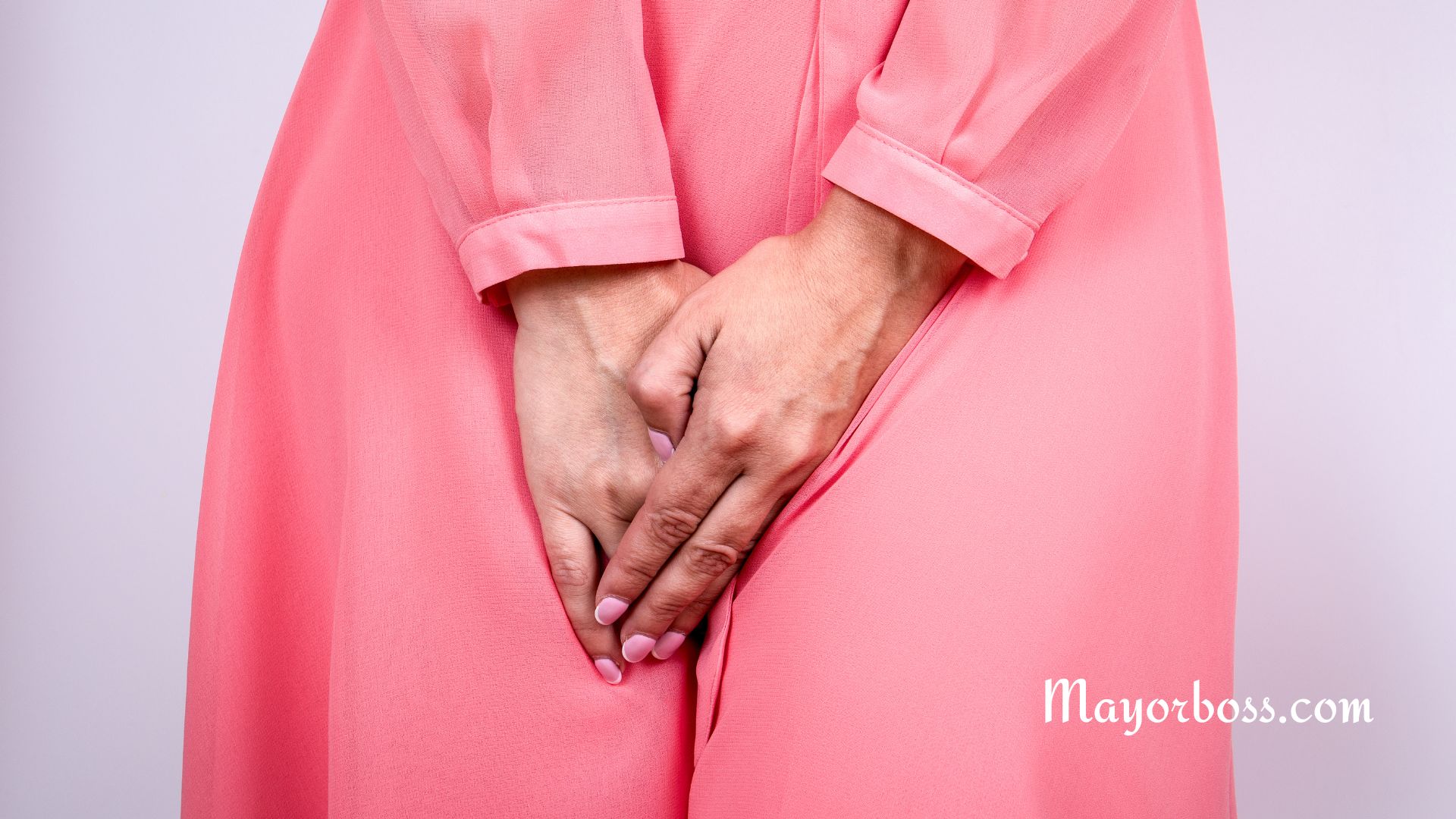Why You Shouldn’t Hold Your Pee
If you’ve ever had to hold your pee for longer than you wanted, you’re definitely not alone. Maybe you were stuck in traffic, in a long class, watching movies, or just didn’t feel like getting up. It might seem like no big deal, but holding your pee for too long can actually be bad for you. Please continue reading to learn why it’s important to listen to your body when it tells you it’s time to go.

Holding Your Pee Can Hurt Your Bladder
When you hold your pee too long, you’re forcing your bladder to stretch more than it should. The bladder is a muscle that expands and contracts as it fills and empties. But it has limits. If you keep holding your pee, you can weaken the muscles in your bladder over time. This can make it harder for you to completely empty your bladder, which can lead to urine retention. This means some urine stays in your bladder, and this can cause urinary tract infections (UTIs).
Holding Your Pee Can Cause Infections
One of the biggest problems with holding your pee is that it can cause urinary tract infections (UTIs). Doctors say you shouldn’t hold your pee for long periods of time. When urine sits in your bladder for too long, it gives bacteria a chance to grow. Normally, when you pee, you flush out bacteria that might be in your urinary tract. But when you hold it, the bacteria can multiply, which can lead to an infection. Symptoms of a UTI include burning when you pee, cloudy urine, and feeling like you need to pee urgently. These problems are avoidable if you don’t make a habit of holding it in.
Holding Your Pee Can Cause Pain
It’s pretty obvious that holding your pee can be painful. When your bladder is full, it sends signals to your brain to let you know it’s time to go. If you ignore these signals, you might start feeling pain in your lower belly or cramps. The longer you hold it, the worse the pain can get. This is your body’s way of telling you that it’s not meant to hold onto pee for too long. Ignoring the pain can even lead to bladder spasms, which are really uncomfortable.
Risk of Bladder and Kidney Stones
When you hold your pee, you’re keeping minerals that would normally leave your body inside for longer. If these minerals, like calcium, build up, they can turn into bladder stones or kidney stones. Stones can be very painful, especially if they block the flow of urine. Drinking enough water and peeing when you feel the need are two of the best ways to avoid these stones.
Holding Pee Can Affect Your Kidneys
Your kidneys are super important because they filter waste from your blood to make urine. If you hold your pee too long, it can create pressure that travels back to your kidneys. This can lead to a condition called hydronephrosis, where the kidneys swell up because of too much urine. Over time, this can damage your kidneys and make it harder for them to work properly.
How Long Is Too Long to Hold Your Pee?
You might wonder how long it is too long to hold your pee. In general, most adults should pee every three to four hours during the day. Of course, this depends on how much you drink, but a good rule is to listen to your body. If you feel like you need to go, then go. Holding your pee for more than 6 to 8 hours, especially if it happens a lot, can put too much strain on your bladder and kidneys.
Who Is Most at Risk?
Some people are at a higher risk for problems if they hold their pee too often. This includes people who already have bladder issues or weak pelvic floor muscles, like older adults or people who recently gave birth. Kids and teens are also at risk because their bodies are still growing, and they may not always understand why it’s important to pee when they need to. Also, anyone with a history of UTIs or kidney problems should be extra careful.
What You Can Do to Avoid Holding Your Pee
If you find yourself holding your pee often, there are some things you can do to reduce the risks:
- Plan Bathroom Breaks: If you know you’re going to be somewhere without easy access to a bathroom, try to go before you get started. It’s always better to go when you have the chance.
- Drink Water Throughout the Day: Drinking water keeps your bladder healthy, but it also means you’ll need to pee regularly. Drinking small amounts of water all day can help avoid filling your bladder too quickly.
- Do Pelvic Floor Exercises: Exercises like Kegels can help make the muscles that control your bladder stronger. This can make it easier to hold your urine when needed and prevent leaks, but it doesn’t mean you should make a habit of holding it.
The Bottom Line
Holding your pee once in a while when you don’t have a choice probably won’t hurt you, but doing it a lot can cause some uncomfortable and even dangerous health issues. From bladder damage to higher risks of UTIs and kidney stones, the risks just aren’t worth it. Your body knows what it needs, and when it tells you it’s time to go, it’s best to listen. So next time you feel that urge, don’t ignore it—find a bathroom as soon as you can!
Taking care of your bladder is important for staying healthy. If you’re having pain, frequent UTIs, or concerns about your peeing habits, it’s a good idea to talk to your doctor. They can help you understand what’s normal and if something needs more attention.
